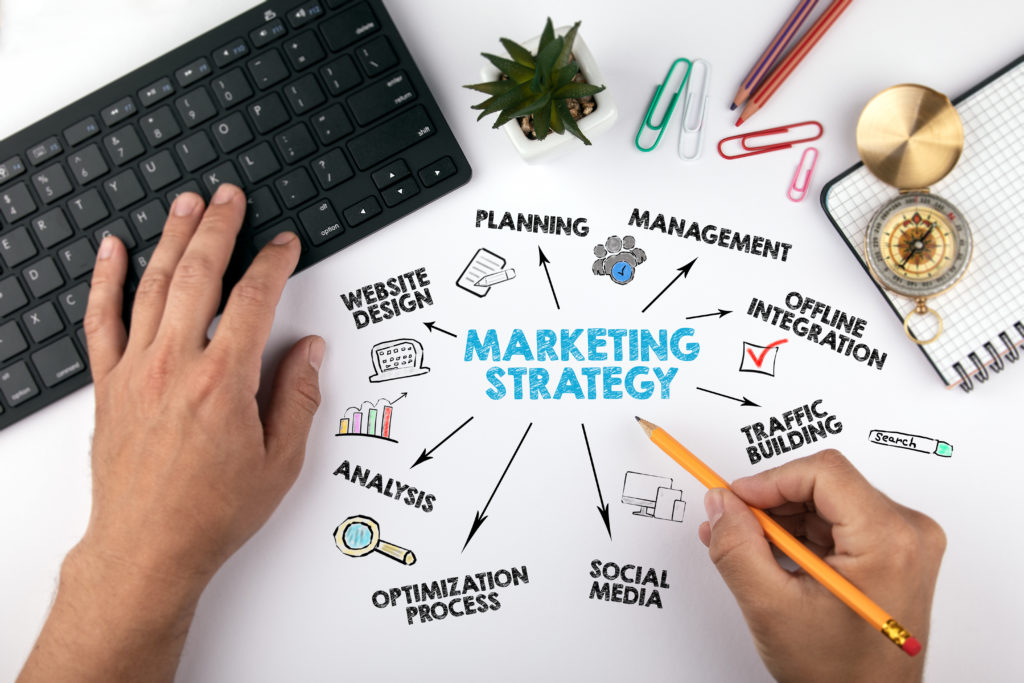Welcome to your ultimate comprehensive Marketing FAQ guide.
1. What is marketing?
Marketing refers to the activities and strategies used to promote products or services, attract customers, and build brand awareness. It involves various techniques such as market research, advertising, public relations, and sales.
2. How important is marketing for businesses?
Marketing is crucial for businesses as it helps them reach their target audience, increase sales, and build a strong brand presence. It enables companies to understand customer needs, create effective communication strategies, and stay ahead of the competition.
3. What are the key components of a successful marketing campaign?
A successful marketing campaign comprises several key components, including defining clear goals, identifying the target audience, conducting market research, developing a compelling message, selecting appropriate marketing channels, and measuring campaign performance.
4. How can market research benefit businesses?
Market research provides valuable insights into customer preferences, market trends, and competitor analysis. It helps businesses make informed decisions, identify new opportunities, refine their products or services, and tailor marketing strategies to meet customer needs effectively.
5. What are the different marketing channels available?
Marketing channels vary depending on the target audience and business objectives. Some common marketing channels include digital advertising (such as social media, search engine marketing, and display ads), traditional advertising (TV, radio, print), email marketing, content marketing, influencer marketing, and public relations.
6. How can businesses measure the success of their marketing efforts?
Businesses can measure marketing success through various metrics, such as sales revenue, customer acquisition and retention rates, website traffic, social media engagement, conversion rates, and return on investment (ROI). Tracking these metrics helps evaluate the effectiveness of marketing campaigns and make data-driven decisions.
7. What is the role of social media in marketing?
Social media plays a significant role in modern marketing. It allows businesses to connect with their target audience, build brand awareness, engage customers, and drive website traffic. Social media platforms also provide valuable data for targeted advertising and customer insights.
8. How can businesses optimize their website for search engines?
AI can play a significant role in website optimization and improving search engine rankings. With AI-powered tools and algorithms, businesses can analyze vast amounts of data to identify relevant keywords, optimize on-page content, and improve overall website performance.
As a result, AI can also help in understanding user intent and behavior, allowing businesses to create personalized experiences and deliver tailored content.
9. What is the importance of content marketing?
Content marketing involves creating and sharing valuable, relevant, and consistent content to attract and retain a clearly defined audience. It helps businesses establish thought leadership, build trust with customers, improve search engine rankings, and drive organic traffic to their website.
10. How can businesses leverage influencer marketing?
Influencer marketing involves collaborating with influential individuals in a specific industry or niche to promote products or services. Businesses can leverage influencer marketing by identifying relevant influencers, building relationships with them, and creating authentic partnerships that resonate with their target audience.
11. How can AI be used in marketing?
AI can be used in marketing to automate repetitive tasks, analyze large amounts of data for insights, personalize customer experiences, optimize advertising campaigns, and improve customer targeting and segmentation.
12. What are the benefits of using AI in marketing strategies?
Using AI in marketing strategies offers benefits such as improved efficiency, enhanced personalization, better decision-making based on data-driven insights, increased customer engagement, and the ability to scale marketing efforts effectively.
13. How does AI help in personalizing marketing campaigns?
AI helps in personalizing marketing campaigns by analyzing customer data, preferences, and behavior to deliver tailored content, recommendations, and offers. It enables marketers to create individualized experiences that resonate with customers and drive higher engagement and conversions.
14. Can AI improve customer segmentation and targeting?
Yes, AI can significantly improve customer segmentation and targeting. By analyzing vast amounts of data, AI algorithms can identify patterns and characteristics that help marketers segment customers more accurately and target them with relevant messages and offers.
15. What role does AI play in analyzing consumer behavior?
AI plays a crucial role in analyzing consumer behavior by processing and interpreting large volumes of data from various sources. It can identify patterns, trends, and correlations that provide valuable insights into customer preferences, purchase behavior, and decision-making processes.
16. How can AI-powered chatbots enhance customer engagement?
AI-powered chatbots can enhance customer engagement by providing instant and personalized responses to customer queries, offering 24/7 support, guiding customers through the sales process, and even making product recommendations based on individual preferences.
17. What are some examples of AI applications in digital advertising?
Some examples of AI applications in digital advertising include programmatic advertising, which uses AI algorithms to automate ad buying and optimize targeting, as well as AI-powered ad creative generation, ad performance prediction, and real-time bidding.
18. How does AI assist in optimizing marketing budgets and ROI?
AI assists in optimizing marketing budgets and ROI by analyzing data to identify the most effective marketing channels, ad placements, and audience segments. It helps allocate resources efficiently, optimize campaign performance in real-time, and measure the impact of marketing efforts on business outcomes.
19. Can AI help in predicting customer preferences and trends?
Yes, AI can help predict customer preferences and trends by analyzing historical data, social media activity, online behavior, and other relevant factors. It can identify patterns and make predictions that enable marketers to anticipate customer needs and adjust their strategies accordingly.
20. What are the ethical considerations when using AI in marketing?
Ethical considerations when using AI in marketing include ensuring transparency and consent in data collection and usage, avoiding bias in algorithms and decision-making, protecting customer privacy, and being mindful of the potential impact of AI on employment and societal well-being.
How can businesses leverage AI for website optimization and search engine rankings?
AI can play a significant role in website optimization and improving search engine rankings. With AI-powered tools and algorithms, businesses can analyze vast amounts of data to identify relevant keywords, optimize on-page content, and improve overall website performance.
Furthermore, AI can also help in understanding user intent and behavior, allowing businesses to create personalized experiences and deliver tailored content.
AI can assist in identifying technical issues, improving site speed, and enhancing mobile optimization, all of which contribute to better search engine rankings.
In conclusion, by leveraging AI in website optimization, businesses can stay ahead of the competition and provide a seamless user experience that aligns with search engine algorithms.
If you have further questions, please feel free to contact our team at info@digitalmarketingstream.com.

